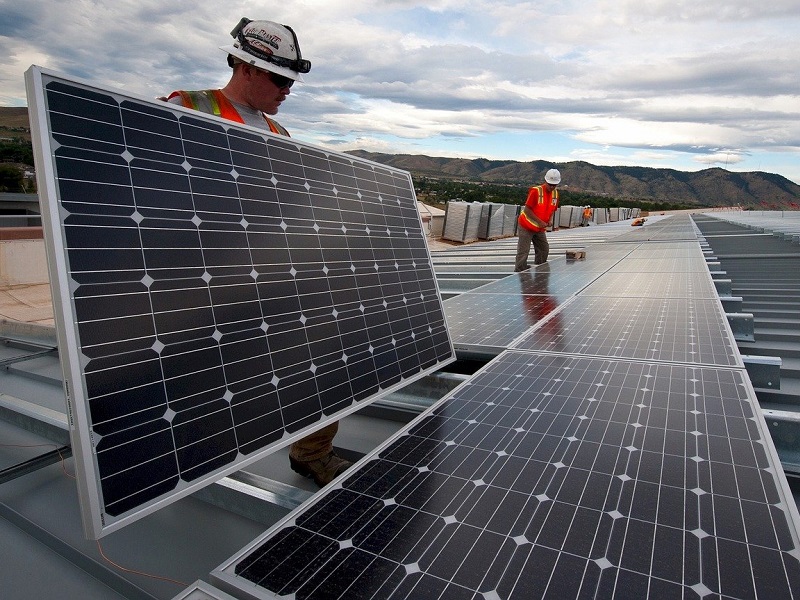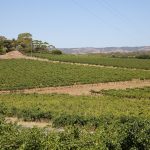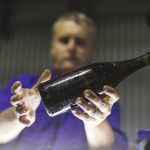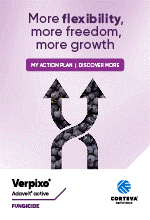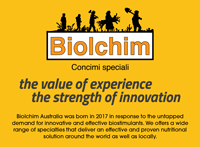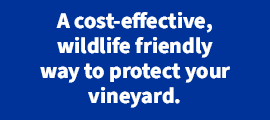The Federal Government is today launching a program to recognise Australian businesses that are certified carbon neutral, including winemakers.
The government are aiming to aid businesses to reduce emissions and help customers and consumers to make more informed, voluntary carbon neutral choices via the Climate Active brand.
The Climate Active trademark shows that an organisation, product or service, event, precinct or building has met all certification requirements in achieving zero carbon emissions.
The program is designed to make it easier for consumers to reduce their carbon footprint by purchasing goods and services from certified organisations.
Climate Active director Daniel Sheedy said certification represented climate leadership by businesses voluntarily committing to Australia’s most credible carbon management program.
“Climate Active is the most rigorous and credible voluntary carbon management and certification program in Australia,” Sheedy said.
“Businesses can help drive change by undertaking Climate Active certification, signalling a commitment to an environmentally-sustainable future for consumers of their goods and services.
“More than 16 million tonnes of carbon have been offset by Australian businesses and companies that are members of the Climate Active network over the past decade. That’s the equivalent of taking every car off Sydney’s roads for one year.”
Some of Australia’s largest businesses have already been certified carbon neutral through the program, including ANZ, NAB, Qantas, Swiss Wellness, Intrepid, and GTP Group.
Food and beverage giant Lion announced at the launch that it would become Climate Active certified next year.
For Alisdair Tulloch of Keith Tulloch Wine, the decision to be certified carbon neutral was a business imperative.
“The grape growing industry has witnessed significant impact due to global warming, and that will only get worse if carbon emissions aren’t reigned in. Our sustainability literally relies on our environment,” Tulloch said.
“We have only just released our first carbon neutral vintage but already the response from our customers has been overwhelmingly positive.
“I think people are looking for a way to play a part in helping to improve the environment, and supporting carbon neutral businesses is definitely a way they can contribute.”
The family-run Hunter Valley winery has invested in a 100-panel solar system, LED lighting and an electric forklift to cut its energy use, and shifted to using less carbon-intensive glass bottles.
Investing in more efficient refrigeration and switching from synthetic fertilizer to less carbon intense organic inputs have also assisted in cutting emissions.
Formally known as the Carbon Neutral certification, the program has been relaunched with a new logo and brand, designed to be more recognisable and better inform choices.
The Climate Active program, administered by the Department of Environment and Energy, will also be encouraging other businesses to join the network, and for consumers to support businesses carrying the new Climate Active trademark, which will clearly identify carbon neutral products and services, and organisations.
Businesses that have committed to carbon neutrality over the past decade have offset more than 16 million tonnes of carbon – the equivalent of taking every car off Sydney’s roads for one year.

